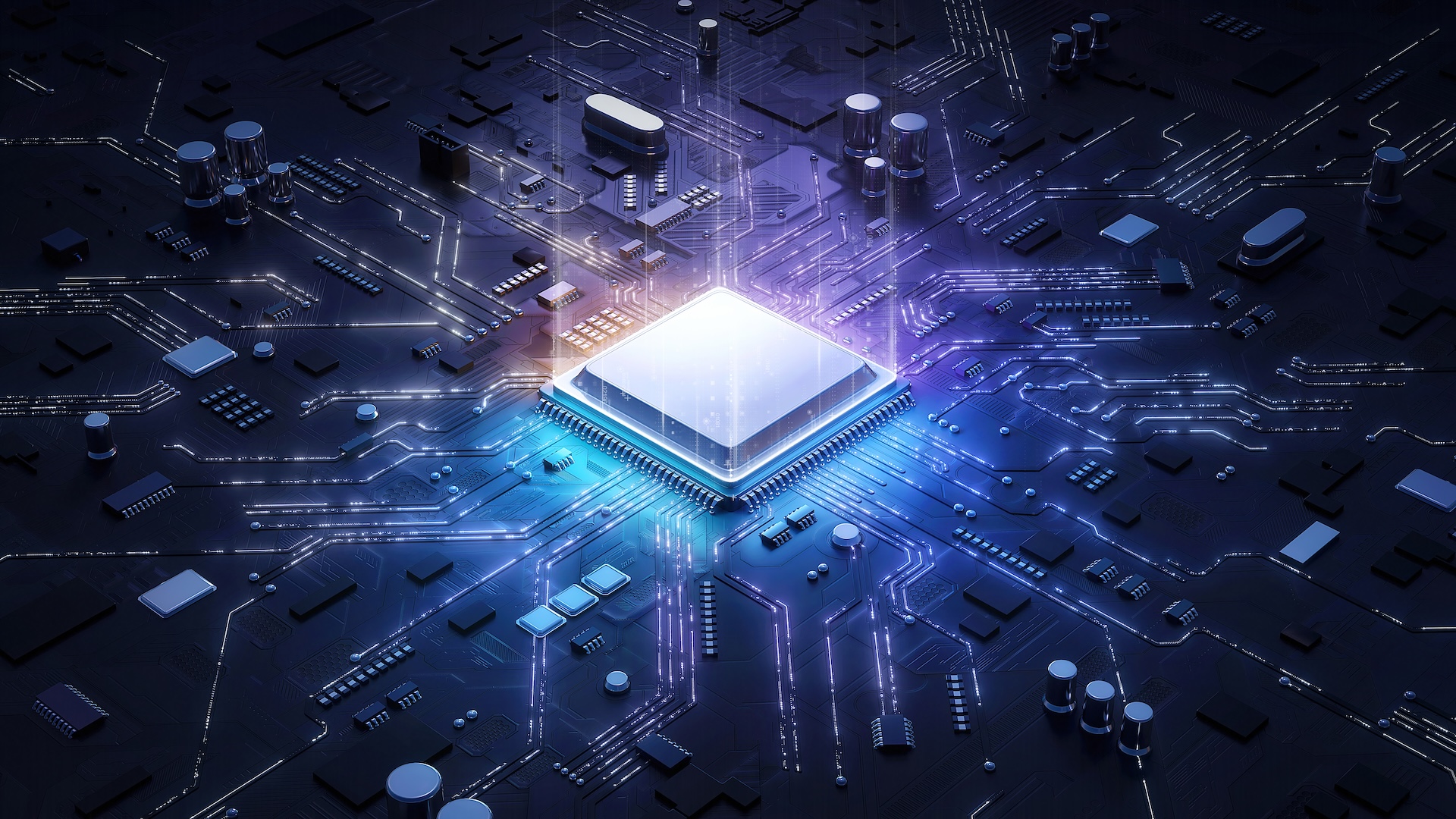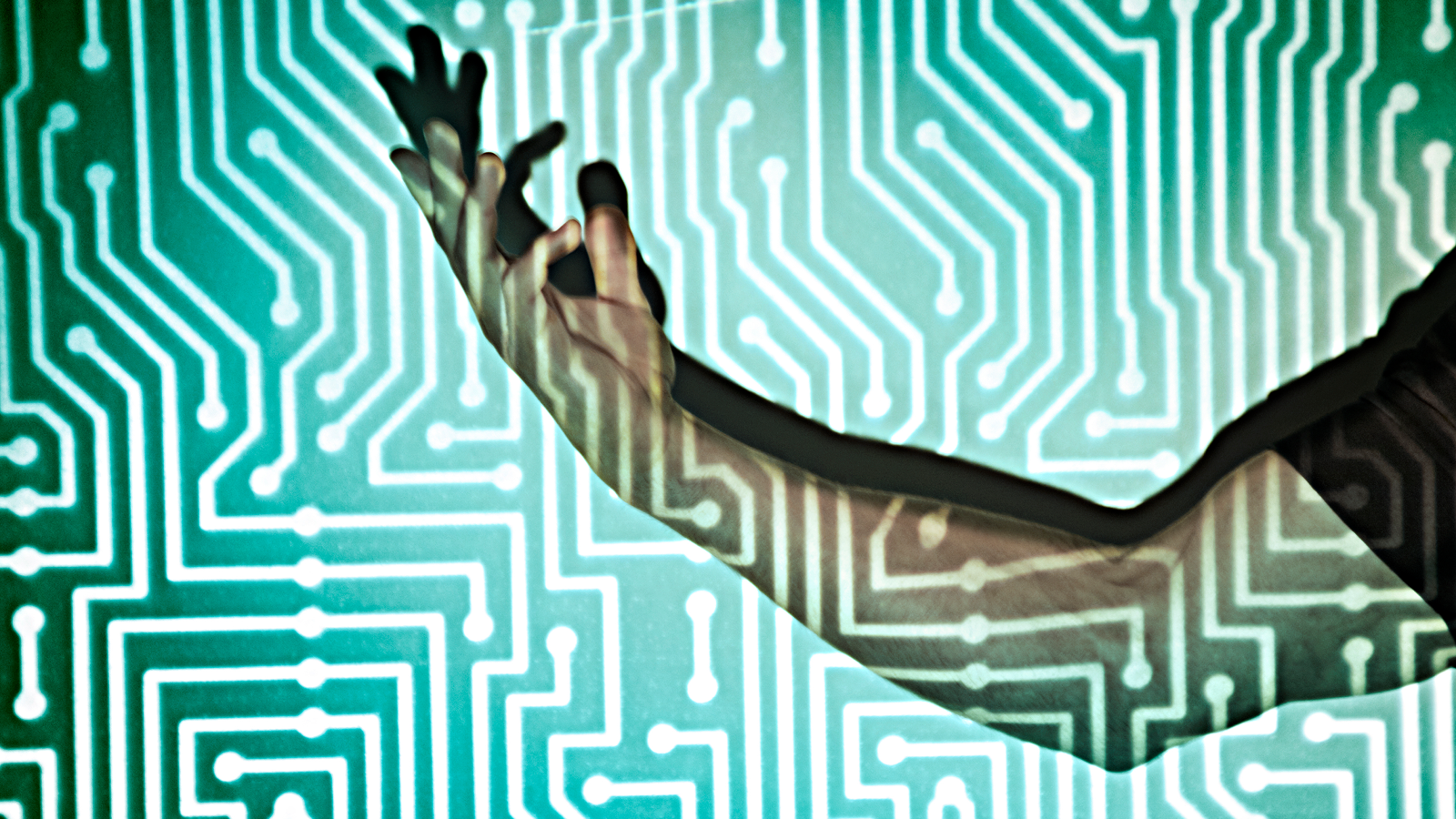Computing news, features and articles
Latest about Computing
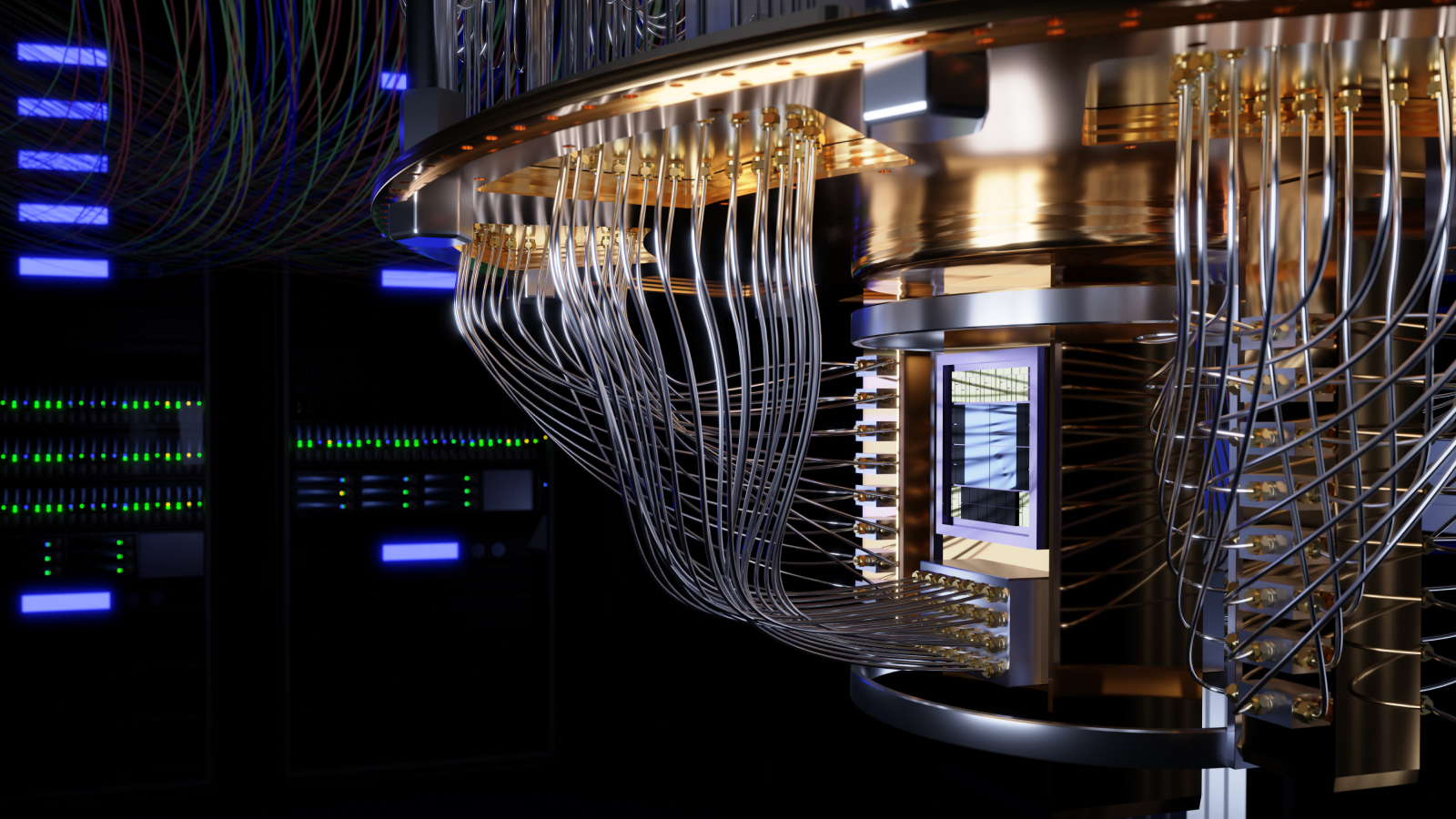
Breakthrough quantum computer could solve problems 200 times faster than a supercomputer
By Owen Hughes published
Scientists have built a compact physical qubit with built-in error correction, and now say it could be scaled into a 1,000-qubit machine that is small enough to fit inside a data center. They plan to release this machine in 2031.
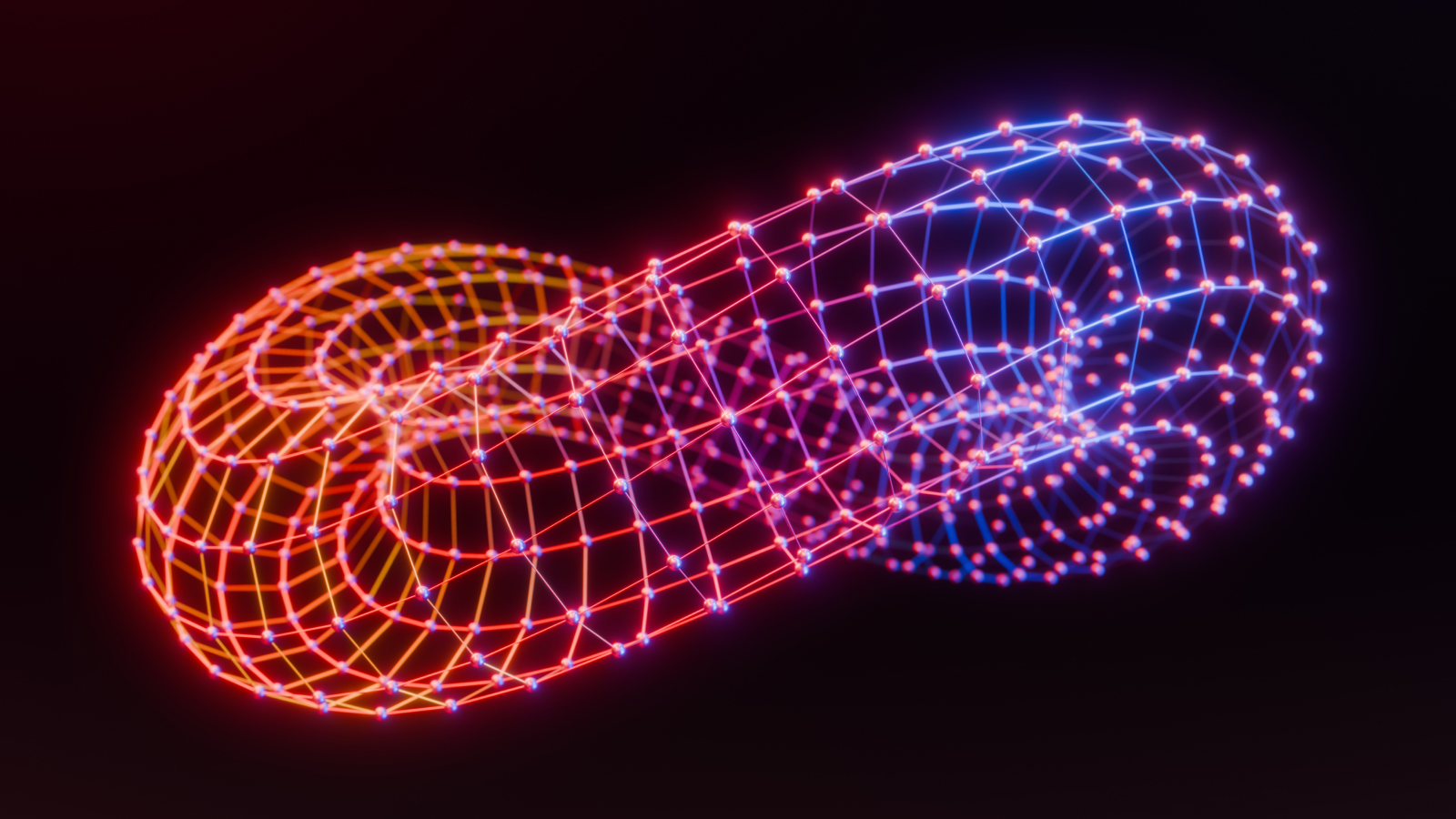
Microsoft breakthrough could reduce errors in quantum computers by 1,000 times
By Tristan Greene published
Microsoft scientists developed a 4D geometric coding method that reduces errors 1,000-fold in quantum computers.

IBM's monster 10,000-qubit quantum computer coming in 2029 after science behind fault-tolerenance 'solved'
By Tristan Greene published
The quantum computer, called Starling, will use 200 logical qubits — and IBM plans to follow this up with a 2,000-logical-qubit machine in 2033

Alan Turing's seminal papers, almost destroyed by a shredder, head to auction
By Stephanie Pappas published
The trove of papers from pioneering computer scientist Alan Turing was discovered in a loft.
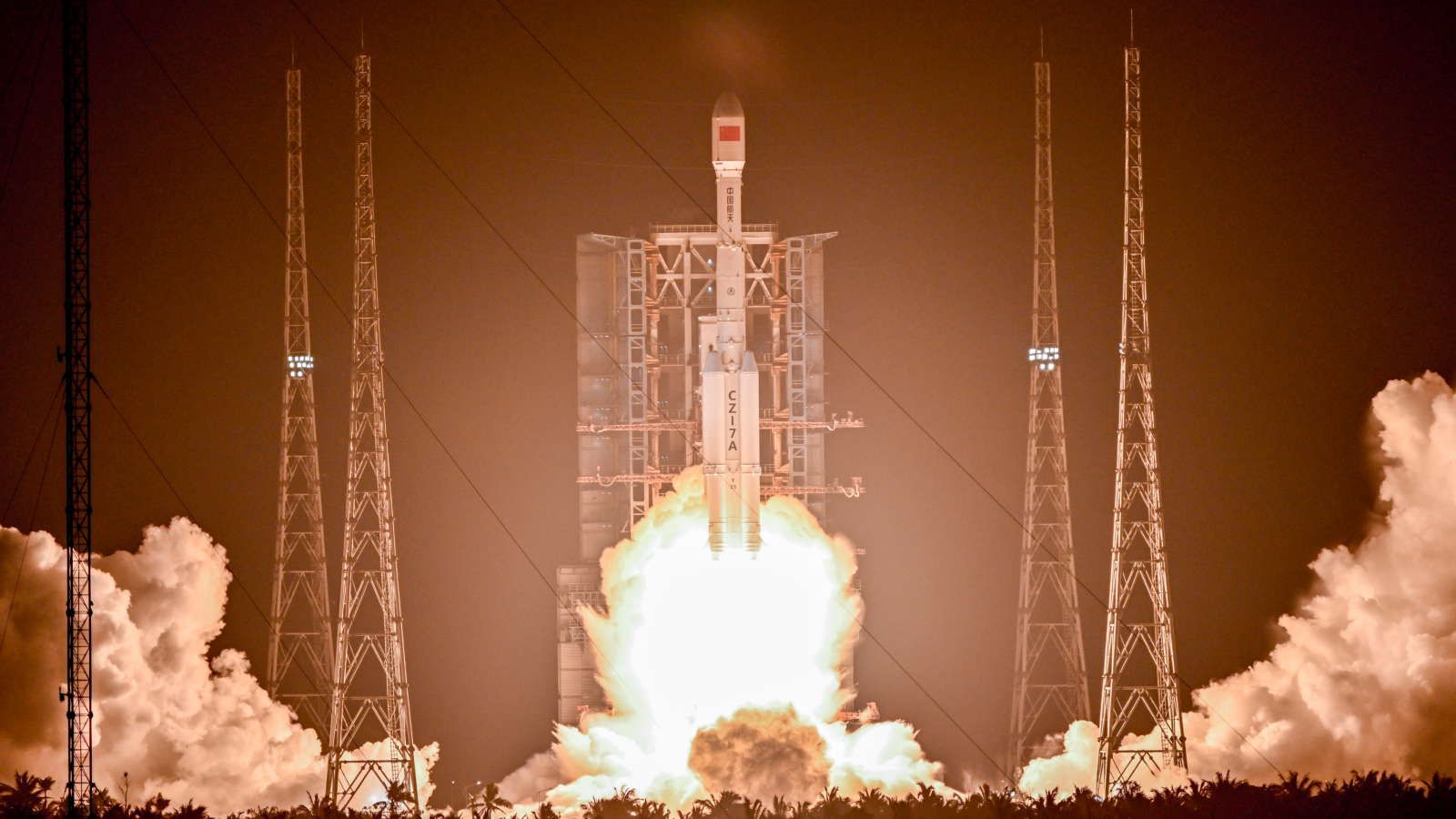
China begins building AI supercomputer in space
By Ben Turner last updated
China has launched the first cluster of satellites for a planned AI supercomputer array. The first-of-its-kind array will enable scientists to perform in-orbit data processing.

Scientists connect two quantum processors using existing fiber optic cables
By Peter Ray Allison published
Scientists have connected two quantum computers, paving the way for distributed quantum computing, quantum supercomputers and a quantum internet.
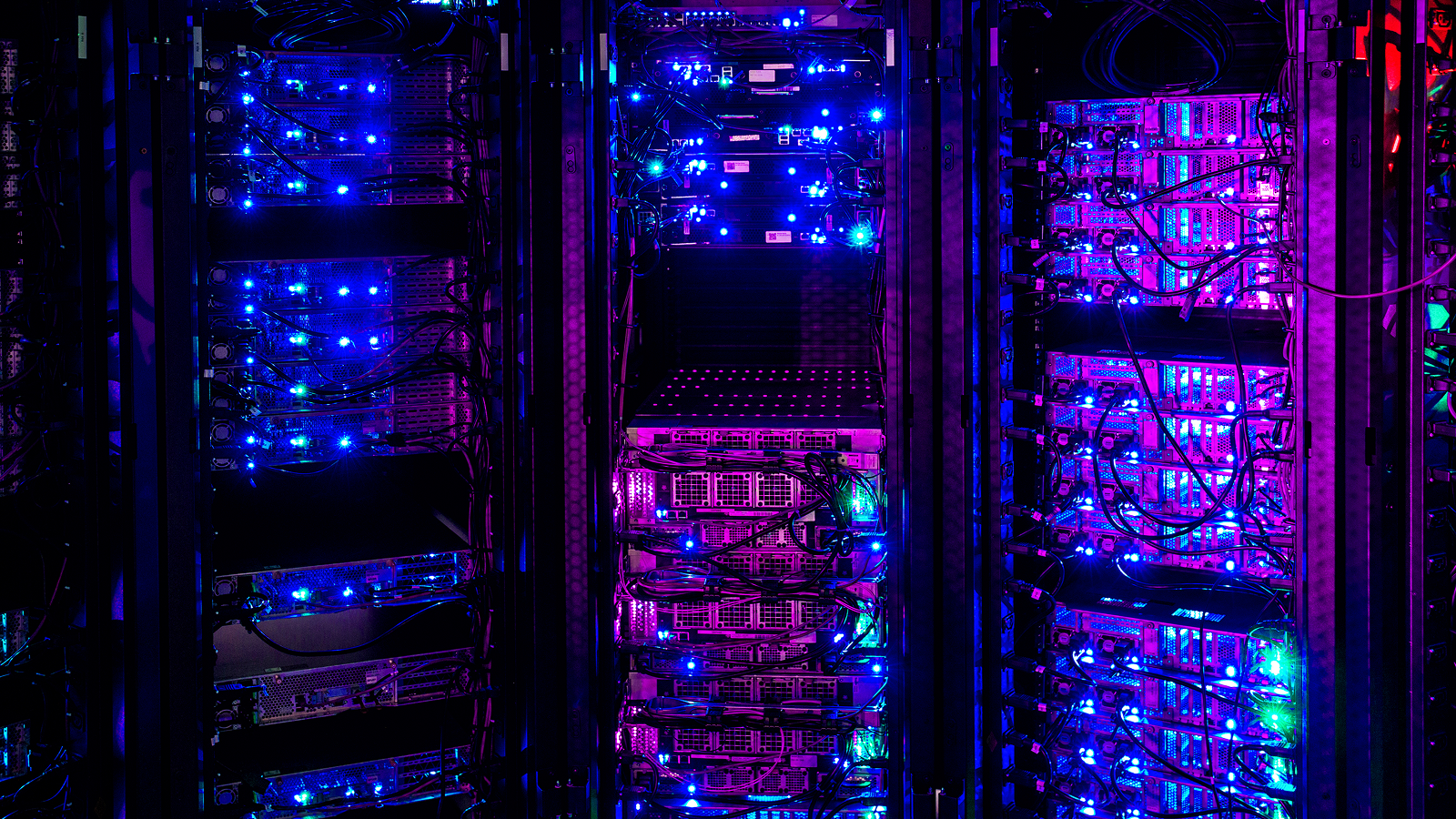
What is exascale computing?
By Peter Ray Allison published
Exascale computing can process over a quintillion operations every second — enabling supercomputers to perform complex simulations that were previously impossible. But how does it work?
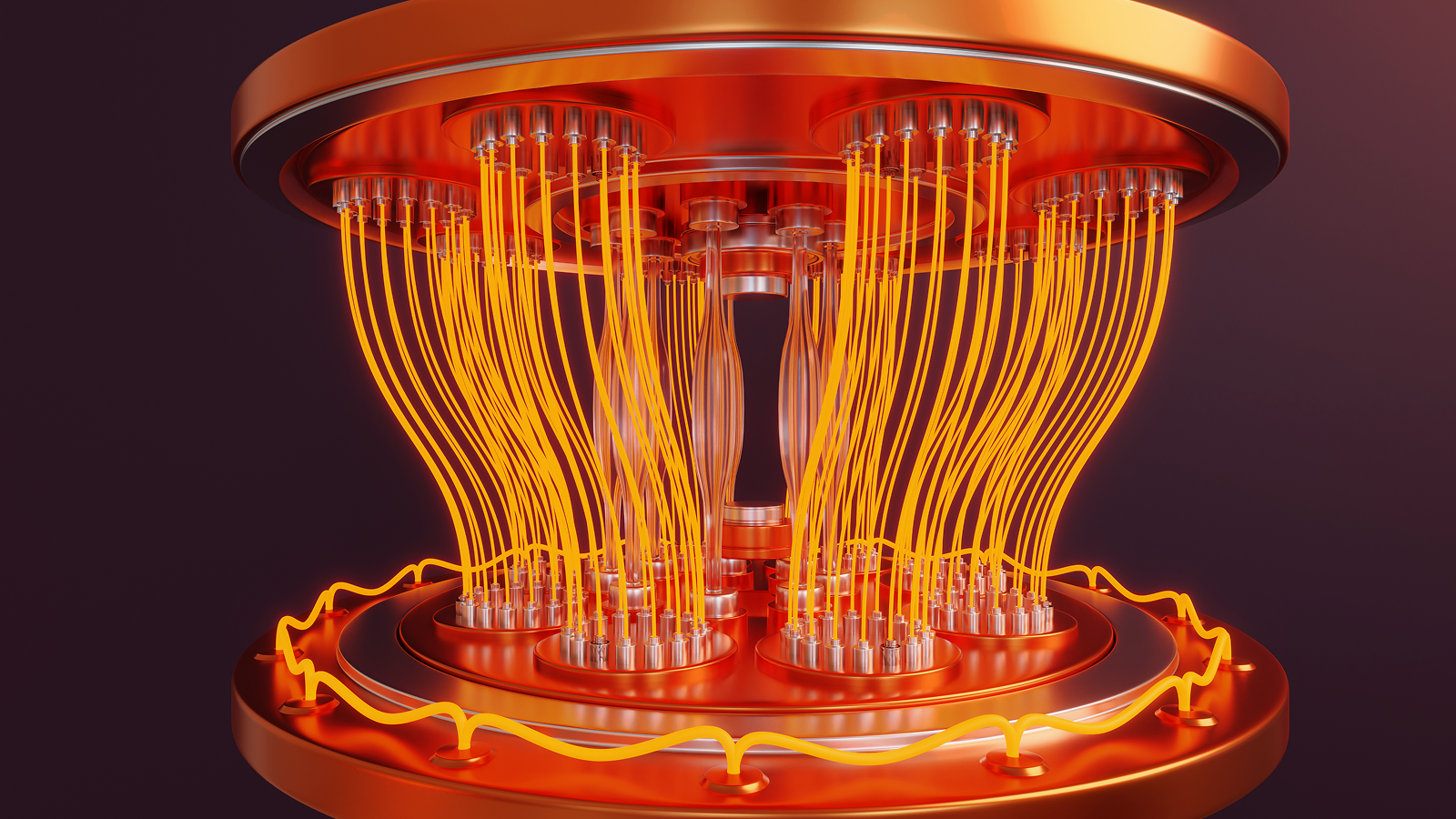
What is quantum error correction (QEC)?
By Edd Gent published
Quantum computers can one day be vastly more powerful than the most powerful supercomputers on the planet — but only if scientists find ways to fix the extremely high error rate in qubits.
Get the world’s most fascinating discoveries delivered straight to your inbox.
